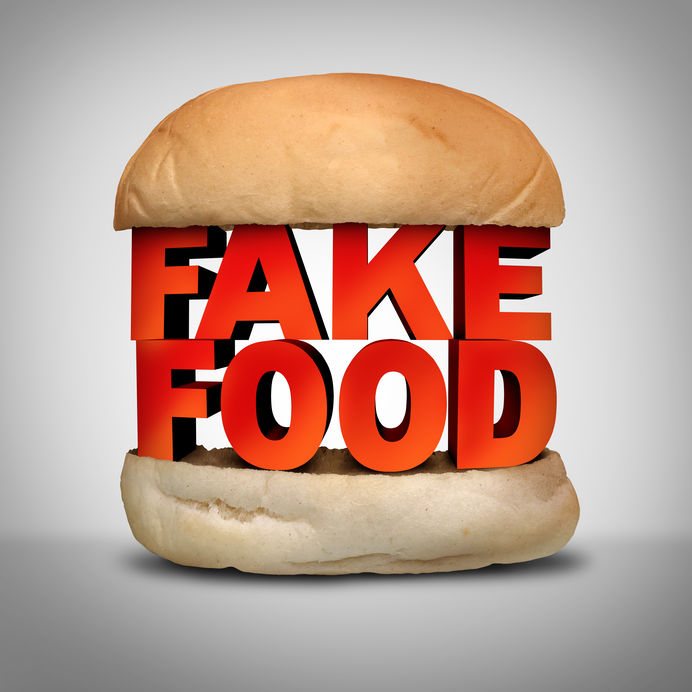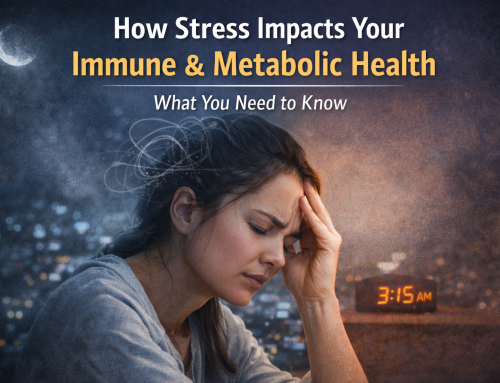Food and cancer risk. Are they related? Is there a link between eating ultra-processed foods and an increased risk of cancer?
Ultra-processed foods are not known for their health qualities. Yet, ultra-processed foods occupy a growing part of the world’s diet. A 2016 study found that 60% of the calories in the average American diet come from this kind of food. A 2017 study found that they make up 50% of the Canadian diet, and they make up more than 50% of the UK diet. And more of the developing world is starting to eat this way.
New Research on Link Between Food and Cancer
Now we have more research that illustrates that we can control our cancer risk to some extent based on what we choose to eat. This research published in the BMJ may give you at least a longer pause before you pick the pink one with sprinkles.
Researchers discovered that people who eat more ultra-processed foods have a higher risk of cancer. Such foods are the ones with unrecognizable and unpronounceable words on the list of ingredients. These include anything from the candy that turns your tongue blue to healthier-sounding canned soups packed with artificial flavors, additives or emulsifiers. Most food is processed to some degree, but ultra-processed foods are typically are loaded with calories, sodium, and sugar.
Many studies have shown that people who live on ultra-processed food tend to be more obese and overweight. They’re also more likely to have heart and circulation problems or diabetes, studies have found. Eating a lot of processed meat like hot dogs has also been tied to an increased risk of colorectal cancer.
- Researchers analyzed 24-hour dietary records of nearly 105,000 adults in the NutriNet-Sante cohort, a general population group in France.
- The individuals recorded what they ate from a list of 3,300 food items that were then categorized by how processed they were, using a system called NOVA.
What the scientists found was that a 10% increase in the proportion of ultra-processed foods in the diet was associated with a significant increase of greater than 10% in risks for overall cancer and breast cancer.
Analysis from the Study’s Authors
Study co-author Mathilde Touvier made the following comments about the link between food and cancer risk:
- Ultra-processed fats and sauces, sugary products and drinks were associated with an increased risk of overall cancer.
- Ultra-processed sugary products were associated with an increased risk of breast cancer.
- People who tended to eat more ultra-processed food also tended to smoke more and exercise less than the others, but the authors controlled for these issues and still found the elevated cancer risk.
- It was quite surprising, the strength of the results. They were really strongly associated, and we did many sensitive analysis and adjusted the findings for many co-factors, and still, the results here were quite concerning.
- What people eat is an expression of their lifestyle in general and may not be causatively linked to the risk of cancer.
Interpreting Results of Study of Food and Cancer Risk
Marji McCullough, strategic director of nutritional epidemiology at the American Cancer Society, suggests caution about interpreting what is responsible for the cancer risk associatedwith ultra-processed food.
- This study doesn’t mean that people should think ‘if I eat this cracker, I’m going to get cancer.
- The overriding message of this study was really to look at an overall diet pattern rather than a specific ingredient, and it supports a lot of what we already know.
- People eating more highly processed foods are probably eating fewer healthy foods, which may help prevent cancer.
Nutritionists recommend a diet rich in whole grains, whole fruits and vegetables instead of foods that have little nutritional value. In fact, according to Touvier, a balanced and diversified diet should be considered one of the most important public health priorities. Eat real food and try to limit ultra-processed items.
Click here to read full article about food and cancer risk.






